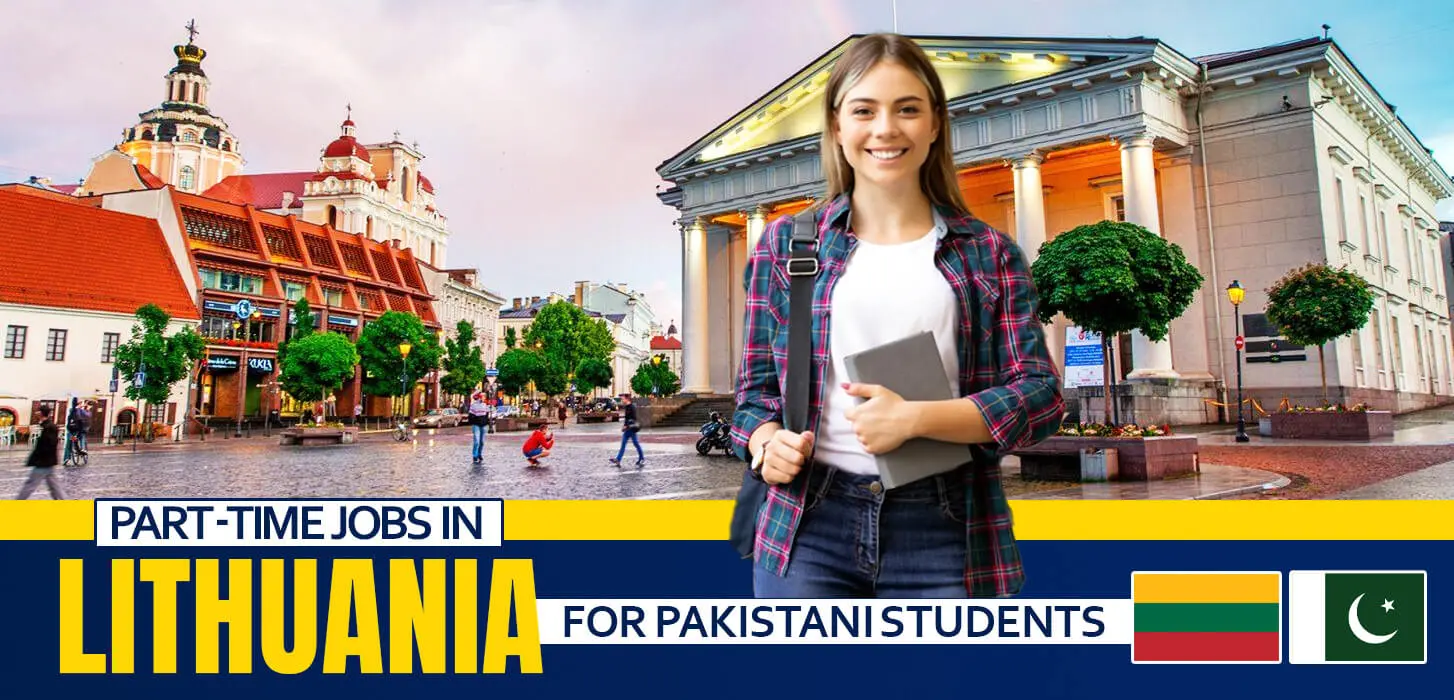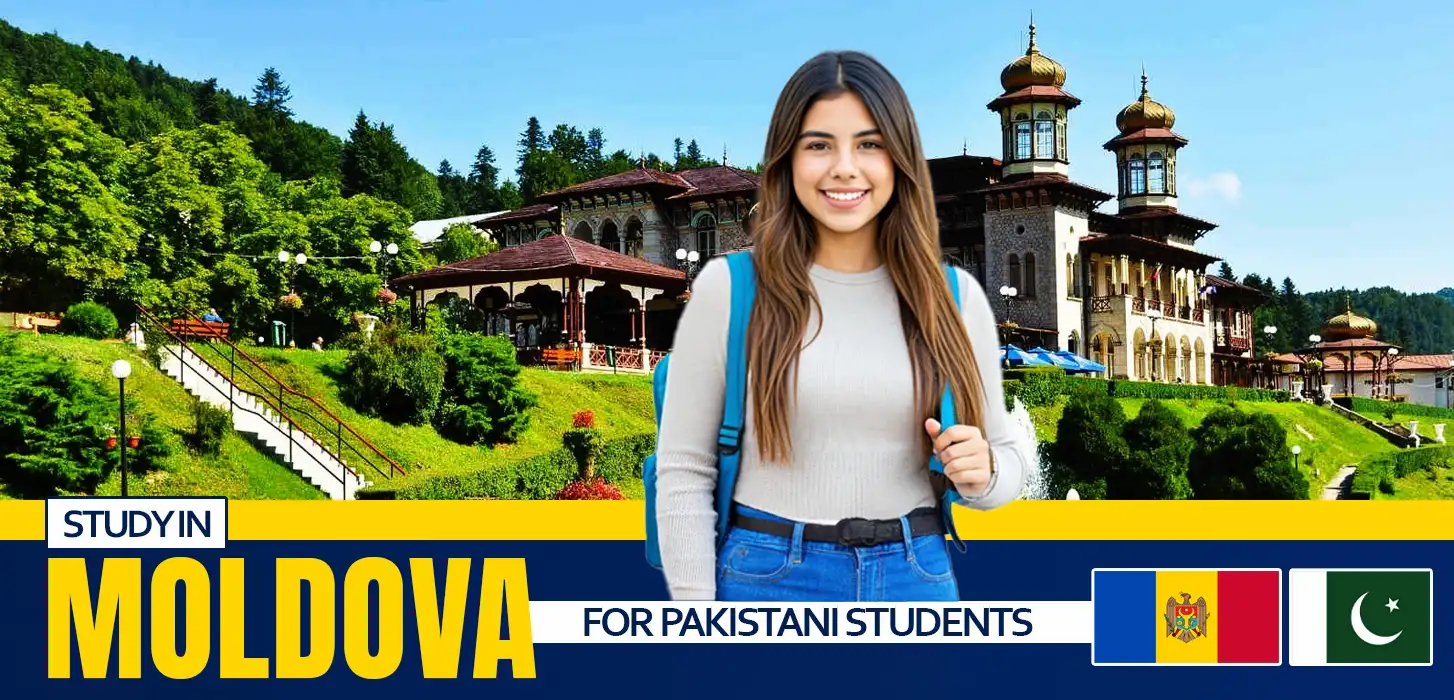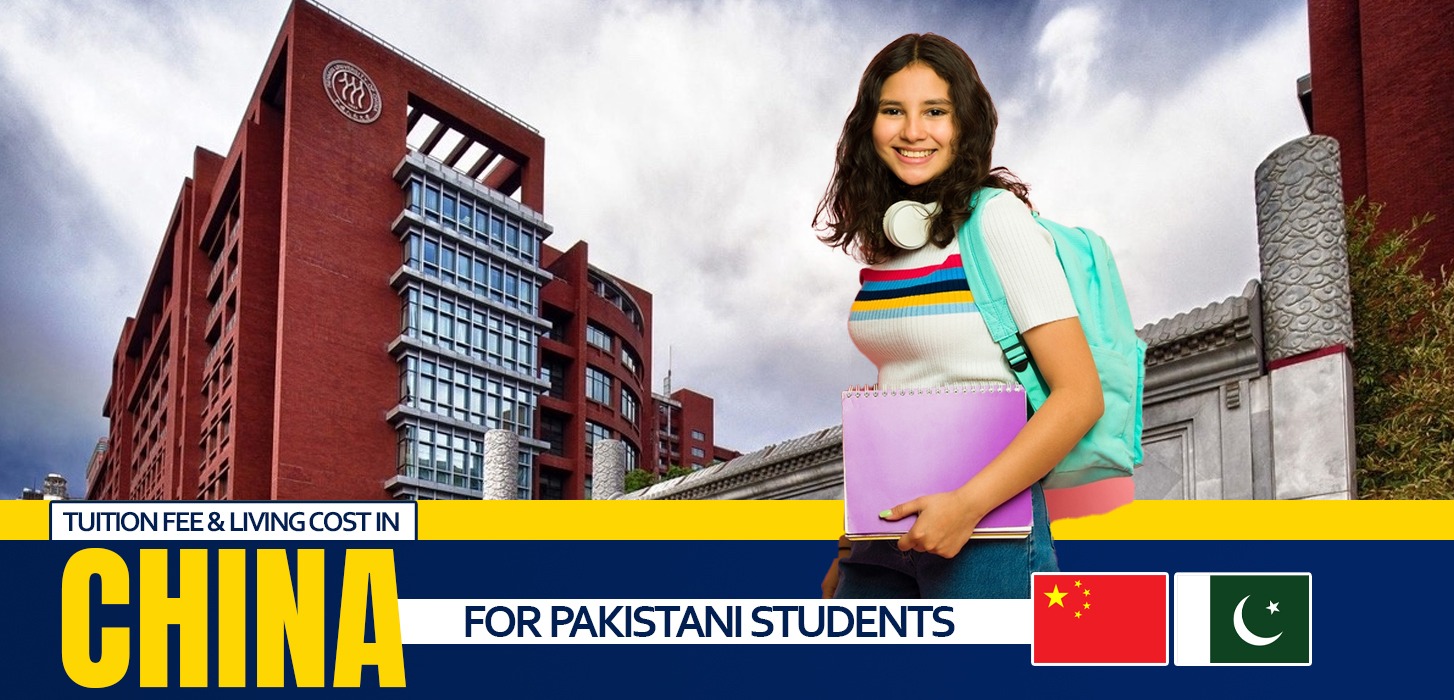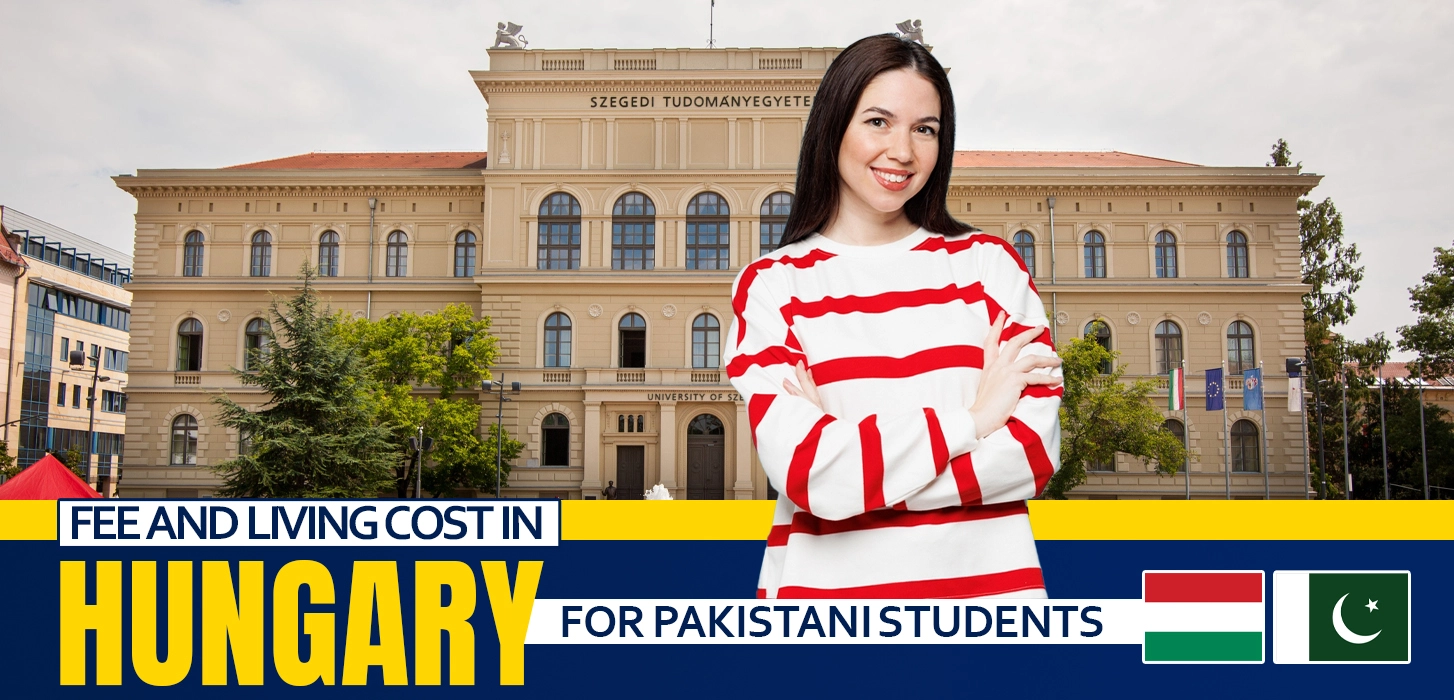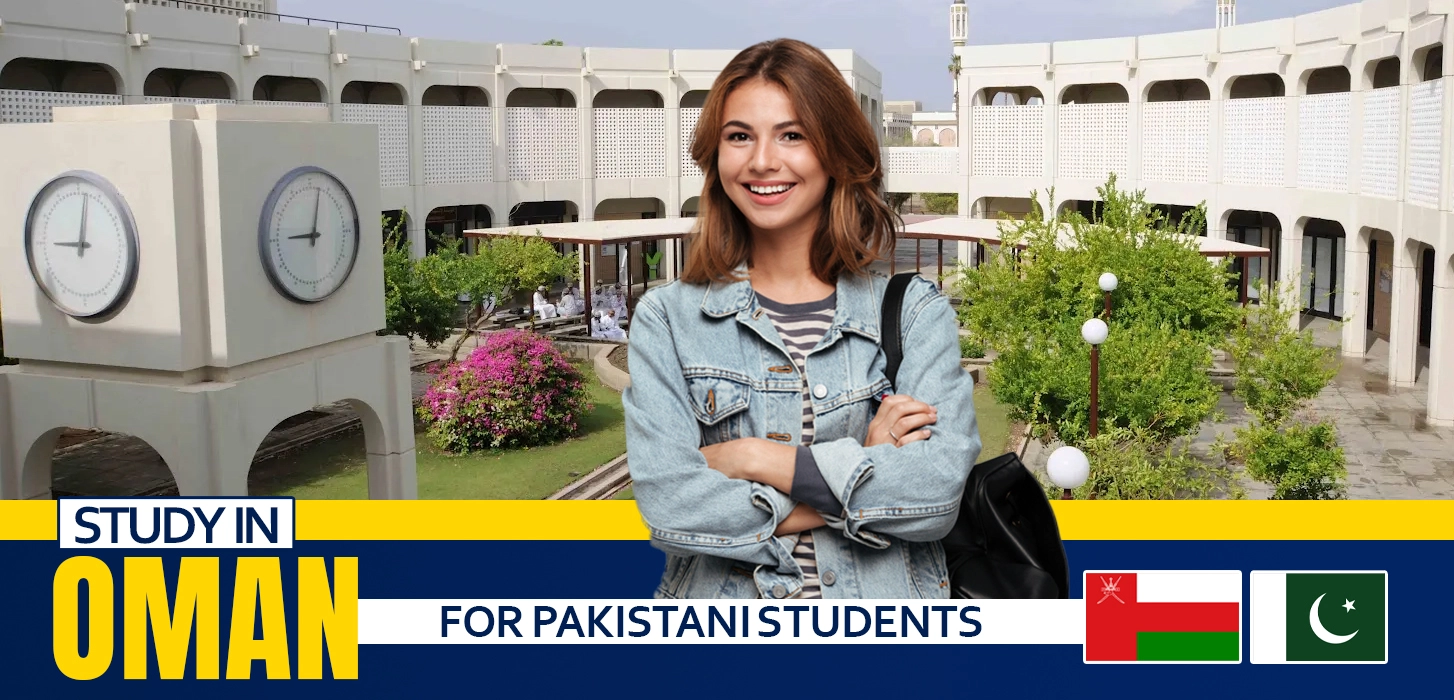
Study in Norway for Pakistani Students | Tuition Fee | Eligibility Criteria | Norway Visa Guide | Scholarships In Norway
Norway, with its breathtaking landscapes, progressive society, and renowned educational institutions, offers a unique and enriching experience for international students seeking to further their education. Whether you are drawn to the stunning fjords, the vibrant cultural scene, or the opportunity to study in a highly regarded academic environment, Norway has much to offer. Here’s what you need to know about studying in Norway as an international student.
Table of Contents
Location and Geography | Norway is located in Northern Europe, known for its stunning fjords, mountains, and northern lights. It shares borders with Sweden, Finland, and Russia. |
Education System | Norway offers a high-quality education system with a strong emphasis on research and practical learning. Universities are known for their innovative approach to teaching and academic freedom. |
Culture and Lifestyle | Norwegian culture values equality, nature, and outdoor activities. The lifestyle is typically relaxed, with a strong focus on work-life balance and environmental sustainability. |
Best Cities for Students | Oslo (the capital), Bergen, Trondheim, and Tromsø are popular cities for students, offering vibrant cultural scenes, academic institutions, and outdoor recreational opportunities. |
Currency | Norwegian Krone (NOK) is the currency used in Norway. |
Tuition Fees | Public universities in Norway do not charge tuition fees for international students, regardless of nationality. Some private institutions may charge fees. |
Official languages | Norwegian (Bokmål and Nynorsk) is the official language. English is widely spoken and used in higher education. |
Language of Instruction | Most undergraduate and graduate programs are offered in Norwegian, but many programs at the master’s level and above are taught in English. |
Admission Intakes | Universities in Norway typically have two main admission intakes: autumn (August) and spring (January/February). |
Average Hostel Fees | Hostel accommodation in Norway ranges from NOK 3000 to NOK 6000 per month, depending on location and facilities. |
Living Costs | Average living costs for students are approximately NOK 12,000 to NOK 15,000 per month, including accommodation, food, transport, and leisure activities. |
IELTS Requirement | Most universities require a minimum IELTS score of 6.0 to 6.5 for undergraduate programs and 6.5 to 7.0 for graduate programs. |
Time for Study Visa Process | around 3 to 6 weeks |
Visa Success Ratio | high visa success ratio for international students |
University Application Fee | Many universities in Norway do not charge application fees, but some may have nominal fees for processing applications. |

Norway consistently ranks among the top countries globally for quality of life, safety, and education. Its universities are known for their innovative teaching methods, cutting-edge research facilities, and commitment to sustainability. As an international student, you’ll have access to a wide range of programs taught in English, catering to diverse academic interests.
Academic Excellence: Norwegian universities uphold rigorous academic standards and offer programs across various disciplines, from technology and natural sciences to social sciences and humanities. The emphasis on practical learning, combined with a collaborative environment between students and faculty, fosters critical thinking and prepares graduates for global careers.
Tuition and Scholarships: One of the most attractive aspects of studying in Norway is its tuition-free education system for all students, including international ones. While some specialized programs may have tuition fees, scholarships and grants are available to offset costs. Additionally, students can work part-time during their studies to supplement their income and gain practical experience.
Multicultural Environment: Norway prides itself on being a welcoming and inclusive society. As an international student, you’ll join a multicultural community where diversity is celebrated. Universities organize various cultural events, clubs, and societies that facilitate interaction between students from different backgrounds, enriching your educational experience and broadening your global perspective.
Quality of Life: Living in Norway offers an unparalleled quality of life. With its efficient public transportation, comprehensive healthcare system, and strong welfare support, students can focus on their studies without worrying about basic necessities. Beyond academics, Norway’s breathtaking landscapes, outdoor activities, and vibrant cities provide ample opportunities for exploration and recreation.
Career Opportunities: A degree from a Norwegian university holds international recognition and can significantly enhance your career prospects. Norway boasts a robust economy with thriving sectors in technology, energy, finance, and maritime industries. International graduates are highly sought after for their global perspectives and the high-quality education they receive.
Norwegian universities are esteemed worldwide for their academic rigor, research facilities, and commitment to sustainability. Most universities offer a wide range of programs taught in English, catering to diverse academic interests from engineering and natural sciences to social sciences and humanities.
Some of the prominent universities include:
University Name | Highlights |
University of Oslo (UiO) | Known for its research-focused environment and strong programs in humanities, social sciences, and natural sciences. |
University of Bergen (UiB) | Renowned for its marine research and strong programs in social sciences and humanities. |
Norwegian University of Science and Technology (NTNU) | A leader in engineering, technology, and natural sciences research |
The application process for international students varies by university and program. Generally, you’ll need to provide academic transcripts, proof of English proficiency (unless your previous education was conducted in English), a motivation letter, and in some cases, letters of recommendation. Deadlines typically fall between December and March for programs starting in the autumn semester.
The admission process for international students in Norway typically involves the following steps:
- Choose a Program: Explore the universities’ websites and select a program that aligns with your academic and career goals.
- Check Admission Requirements: Verify specific admission criteria such as academic transcripts, language proficiency (usually English), and additional requirements like letters of recommendation or a motivation letter.
- Apply Online: Most Norwegian universities accept online applications through their respective admission portals. Deadlines vary but generally fall between December and March for programs starting in the autumn semester.
- Receive Admission Offer: Upon review of your application, you will receive an admission offer if selected.
- Apply for Residence Permit: International students from outside the EU/EEA area typically require a residence permit to study in Norway. This process should be initiated upon receiving a confirmation of admission.

Norway offers various scholarships and financial aid options to international students to help cover living expenses and tuition fees. Some of the notable scholarships include:
- Quota Scheme: Managed by the Norwegian government, this scheme provides full scholarships to students from certain developing countries.
- Erasmus+: EU-funded scholarships available for exchange students from EU/EEA countries.
- University-specific Scholarships: Many universities in Norway offer scholarships based on academic merit, research potential, or financial need.
Choosing Norway as your study destination promises a transformative experience marked by academic excellence, cultural enrichment, and personal growth. Embrace the opportunity to learn from world-renowned scholars, engage in cutting-edge research, and forge lifelong connections with peers from around the globe.
Embark on your journey to study in Norway and unlock a world of possibilities. Discover why this Scandinavian gem is not only a beacon of education but also a gateway to a brighter future.
Latest Post
Lithuania has become an attractive destination for Pakistani students seeking...
Many Pakistani students dream of studying abroad but are often...
According to the Ministry of Education and Research report, In...
Pursuing higher education in New Zealand is a top destination...
The UK has always been a student-preferred destination for gaining...
Understanding the tuition fee & living cost in China is...
Hungary is an increasingly popular choice for Pakistani students pursuing...
Studying in Oman is an excellent opportunity for Pakistani students...

